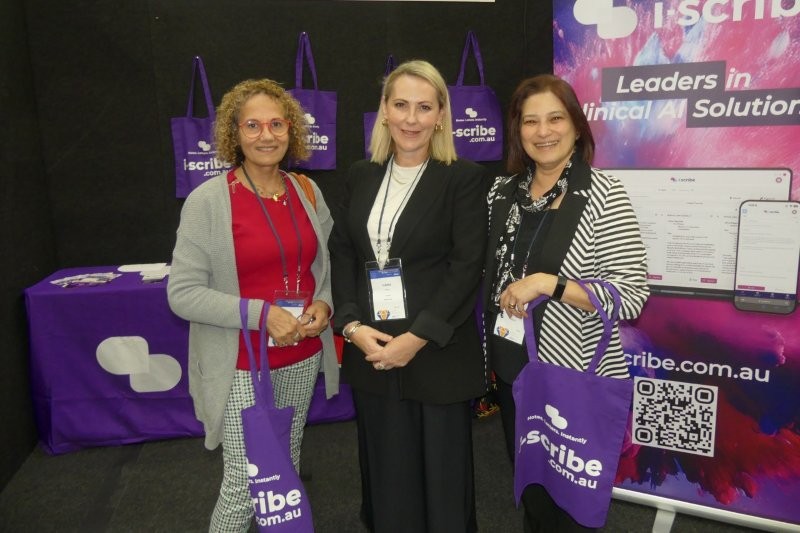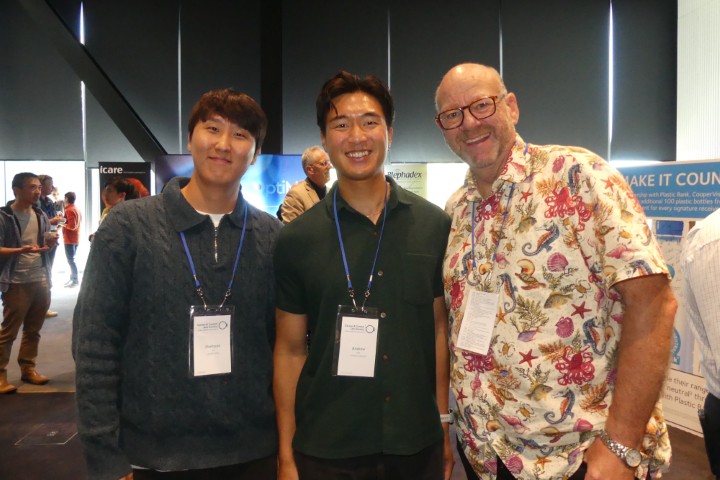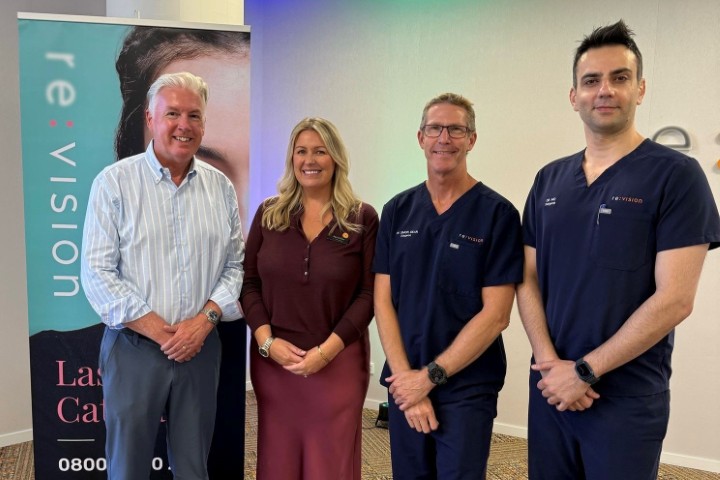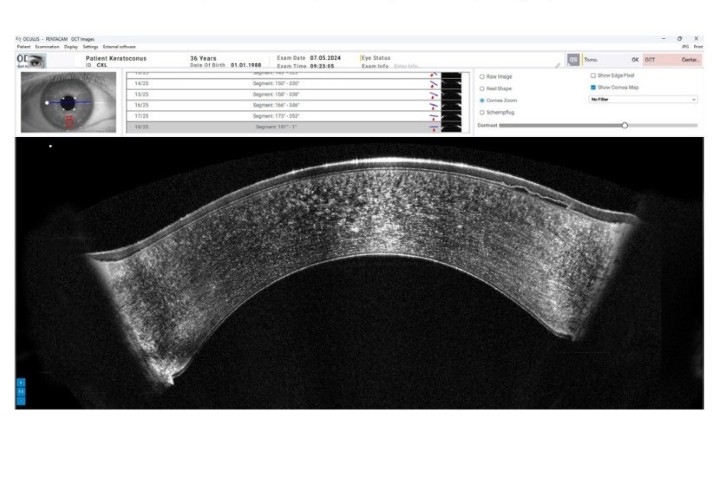CBS in children and young adults
Characterised by visual hallucinations secondary to sight loss, Charles Bonnet syndrome (CBS) is typically associated with elderly patients, given age is a risk factor for several sight-threatening eye diseases, such as macular degeneration and glaucoma. But a new, UK study has highlighted the problem of CBS among younger patients and children.
The prevalence of CBS in elderly patients is reported to be anywhere from 0.5% to 40%; the high variance due to CBS frequently being attributed to mental illness. “Yet, causal theories suggest that CBS can affect individuals with visual loss at any age, inclusive of children,” wrote study authors Dr Lee Jones, research fellow at Moorfields Eye Hospital, and Professor Mariya Moosajee from Moorfields and University College London. Under reporting and lack of awareness of CBS among eye care professionals regarding younger people could be due to the difficulty in diagnosing CBS and confusion with schizoaffective disorders, migraines or “childhood imaginings”, said the authors.
Aiming to expand on the associated clinical background and evidence of CBS in paediatric and young patients, the researchers undertook a retrospective case study reviewing the medical notes of patients under 25 with sight loss who attended Moorfields Eye Hospital between March 2011 and January 2020. Of these, 13 (nine male, 4 female) were recorded as having experienced hallucinatory events. Clinicians-in-training were the most likely to report the occurrences, documenting six cases, while consultants reported three and optometrists four cases. The most common management decision by clinical personnel was to provide information and reassurance about CBS (via information leaflet or verbally), reported the authors. “CBS significantly affected patients’ personal lives including education, diet and sleep. High potential caseload and risk of psychological harm merit further research. Increased awareness among healthcare professionals and patient education to forewarn susceptible individuals may reduce the overall impact and improve coping with symptoms.”
The study was published in the British Journal of Ophthalmology.
For more on CBS, see https://eyeonoptics.co.nz/articles/archive/understanding-charles-bonnet-syndrome/


























